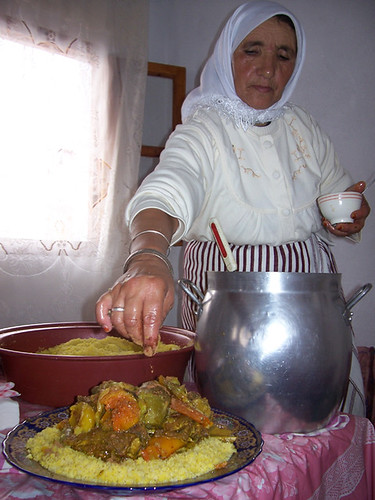Argan Oil Health Benefits Argan oil is rich in essential fatty acids, especially linoleic acid, a precursor of vitamin E giving its moisturizing, strong antioxidant and skin anti-aging properties.
Argan oil is rich in essential fatty acids, especially linoleic acid, a precursor of vitamin E giving its moisturizing, strong antioxidant and skin anti-aging properties.
Long observed empirically, the beneficial effects, moisturizers and restructurability of argan oil have since been confirmed and explained scientifically.
By its content of essential fatty acids (EFAs), argan oil makes it possible to correct deficiencies that inevitably occur with age, and which result in dehydration and loss of skin elasticity. Argan oil and combat skin aging. Argan oil is also rich in tocopherols (vitamin E) at the rate of 700 mg per kilogram, or more than twice as much as olive oil (320 mg / kg). The latter, as well as polyphenols also contained in the argan oil, are natural antioxidants and anti-free-radicals.
Argan oil stimulates intracellular oxygenation, neutralizes free radicals and protects the soft tissue. Its skin application restores the skin and increases the nutrient content of skin cells.
Argan oil benefits summary
- For centuries, Argan oil has been used locally for therapeutic, cookware and cosmetic purposes, today the whole world is appreciating this oil.
- Argan oil is highly rich in essential fatty acids oleic and lineoic acids (47%) as well as in vitamin E (60-90mg/1OOg) , which positively boost our skin regenerating capabilities.
- It repairs and protects the skin against droughts and external aggressions, preventing its premature aging thanks to its essential fatty acids.
- Argan oil vitamin E richness, gives its antioxidant qualities
- It protects muscles from degeneration associated with aging.
- It can be used both for internal and external purposes.
- some argan oil internal usages: Massage, for rheumatism, against hair loss, to eliminate dandruff, against acne, burns, wrinkles, to protect against skin drying.
- some argan oil internal usages: positive effect against cholesterol and atherosclerosis.
- some argan oil culinary usage: in dressings, its aroma couples very well with crudites.
- Its nutty after-taste enhances so many dishes: whether with fish or goat's cheese, with puréed sweet potatoes or a salad of carrots and oranges.
- A simple argan oil drizzle will enliven your soups, cooked dishes and even desserts.
- It adds a touch of nut and sesame, bringing an oriental flavor to your cooking,
- It enhances the prostaglandins synthesis. Argan oil contains no cholesterol, which makes it very suitable in the context of any cholesterol-free diet.
- It protects the cardiovascular system.
- For a cosmetic use, it softens the skin, revitalizes the tired and wrinkled parts by rehydrating and giving the skin its lost youthful elasticity.
- Argan oil is also highly effective as a relief middle in cases of burns, scars and the like.
- Argan oil has a strengthening effect for nails and hair.
- Argan oil is widely used in the local recipes as well as in traditional medicine as a treatment of skin diseases such as acne and chickenpox (varicella).
- Currently, it is used as a medicinal product and active ingredient in many cosmetics and increasingly used by international and famous beauty specialists.
Related posts:
How is argan oil produced in Morocco?
Argan tree photos-Morocco
Argan oil and women cooperatives story -Morocco
Argan oil women cooperatives - Morocco
















